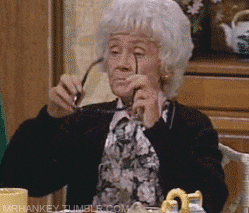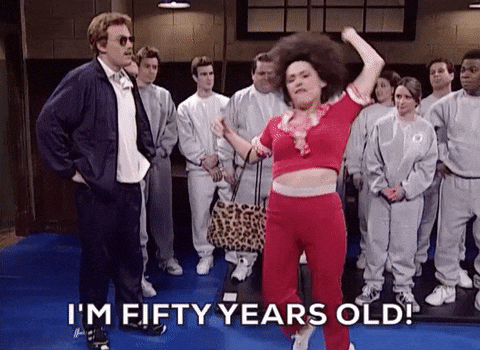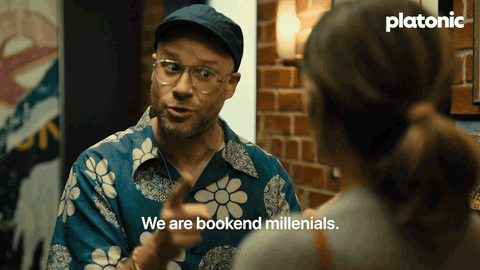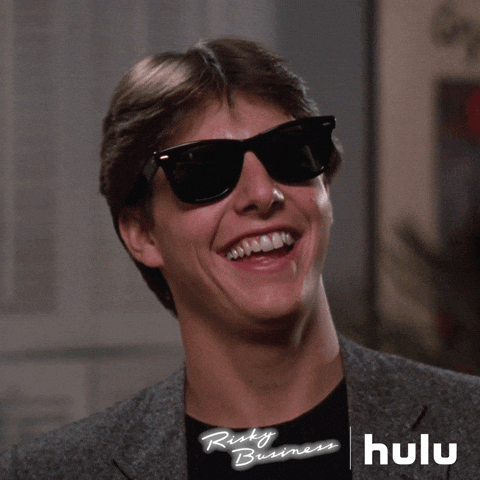Every generation has thoughts and opinions on how we should treat each other. What is right verses what is wrong. You might think it’s universal, but it is not. There is a word very important to building healthy relationships. Some could argue it is the foundation of building good communities. That word is respect, and every generation has its own way to communicate it.
Respect is how we treat one another ethically and fairly. Respect allows us to coexist more peacefully. It boosts empathy and tolerance. Respect builds better communication and understanding. Respect allows for differences of opinion, culture, identity, and inclusiveness.

A quick definition in context for the word respect from Dictionary.com, “esteem for or a sense of the worth or excellence of a person.”
These are the unique, four very different ways the generations of Boomers, Gen X, Millennials, and Gen Z share it:
Boomers (61 to 79 years)

This is a generation of traditional values. They believe in a hierarchical structure (most powerful or seniors on top) and prefer the formal to the informal. Healthy Workforce Institute writes, “To the boomers, obedience is a sign of respect. They generally give respect to anyone who is an elder. Respect for their experience and knowledge takes the form of listening. Boomers want you to listen and not discard their opinions or complete their sentences.”

In general, Boomers expect you to respect them because of their age and position. With a lifetime of experience, it’s fair they should believe you owe them in the least, some ‘benefit of the doubt.’
Generation X (45 to 60 years)

Gen X isn’t sure they can trust you. That means respect isn’t just thrown around freely. Having watched the pitfalls and lies their parents went through, the irresponsible government actions, and a trail of history laying down example after example of untrustworthy behavior, Gen X are a bit careful with where they place their faith and respect. An article on Defender Network writes about the Gen X experience saying, “… being tasked with discerning which adults provided info/advice that made sense and which ones only talked nonsense. But either way, whomever we encountered, we treated them the way we wanted to be treated.”

Looking for an authentic experience, Gen X may be a lit bit anti-authoritarian. Yet, as long as people display some trustworthy behaviors, they will recognize them back with respect.
Millennials (29 to 44 years)

The big buzzword for Millennials is equality. Often they feel unappreciated. With elders believing they fall short in lifetime experience and younger generations feeling they haven’t lived enough, either way it can feel a little disrespectful. Healthy Workforce Institute writes, “Millennial’s feel respected when they’re asked for their input and are included in decision-making. They feel disrespected when they are excluded.”

This is a generation that’s started to work on self development and self actualization. There’s a strong lean into emotional intelligence and evolving into their best bodies. They want you to see their work and encourage others to do the same for themselves. Psychology Today explains that Millennials are obsessed with their own self-improvement. Feelings of exaggerated self expectations are piled upon by feelings of lack of acknowledgement from the other generations. They seek to be respected and equally want to respect you too.
Generation Z (13 to 28 years)

Gen Z isn’t much about respecting people without them earning it. That someone should be respected because of their age, nope. This is a generation that seeks justice, accountability, and identity recognition. Your Tango writes the generation sees respect as using inclusive language, intolerance to offensive behaviors, setting clear boundaries, offering trigger warnings, and questioning authority.

With more information available at their fingertips, getting to see a broader picture of the world, and they’ve found the status quo to be lacking. No generation before has been given so much access to truth when people are willing to hunt it down and find it. Gen Z says, “You want my respect? Show me you deserve it.”
Final Thoughts
Giving people the benefit of the doubt might be more worth it than we think. It’s easy to pile on and point the finger at who isn’t doing it right. Respect can also be giving people a second chance. Allowing others to make mistakes and then try to do better. Hovering over them screaming, “No. That’s not right.” doesn’t really motivate like it once was thought to do. Respect may actually take a little risk in that you can be burned. Of course, you can also find someone willing and wanting to respect you right back.















